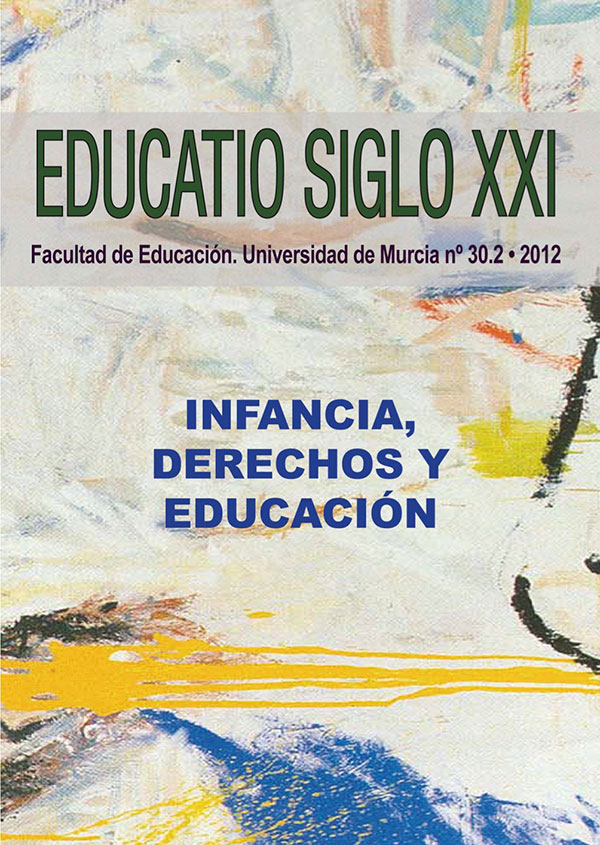The Rights of Children from the Perspective of their Needs
Abstract
The aim of this paper is to present the work, theoretical and applied, on needs and rights of children, developed by the authors for quite some fifteen years. It starts from the idea, accepted by philosophers of law, that human needs and, consequently, children needs, can be considered the moral foundation of their rights under the Convention on the rights of the Child. It also shows that, although the topic is discussed in many publications on the rights of children published by UNICEF, United, Nations and NGOs, they considered the needs as some obvious, that in any case they arrive at to present them a systematic and operational. The authors are based on the human needs theory published in 1992 by Doyal and Gough and on the knowledge offered by pediatrics and developmental and educational psychologists. They propose that the universal needs for all children and adolescents are two physical health and autonomy, and that there are also a second order needs or primary satisfiers, also universal. The paper also includes the debate between the necessary universality of rights and needs and the existence of satisfiers from cultural origin.It reviews the expression of needs at the different stages of development and ends with an analysis of the articles of the Convention from the perspective of children’s needs.Downloads
-
Abstract8728
-
PDF (Español (España))10371
Original work publishes in this journal is subject to the following terms:
1. Murcia University Press (the publishing house) holds the copyright of the publishes work, and favours and allows their reutilization under the use license stated in point 2.
© Servicio de Publicaciones, Universidad de Murcia, 2015
2. Work is published in the electronic edition under a license (Creative Commons Reconocimiento-NoComercial-SinObraDerivada 4.0 España (legal text). They can be copied, used, disseminated, transmitted and publicly presented, as long as: i) authorship and original publication source is acknowledged (journal, publishing house and URL of the work); ii) are not used for commercial purposes; iii) the existence and specifications of this use license is stated.
3. Conditions for self-archive. Authors are allowed and encouraged to disseminate electronically the pre-pint (before review) and/or post-print (accepted for publication) versions of their work before their publication since that favours earlier circulation and dissemination resulting in an increased chance for the authors to be cited and for the work to reach a bigger share of the academic community. Colour: RoMEO: green.








